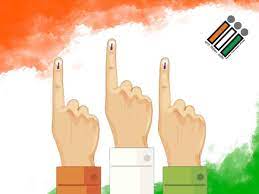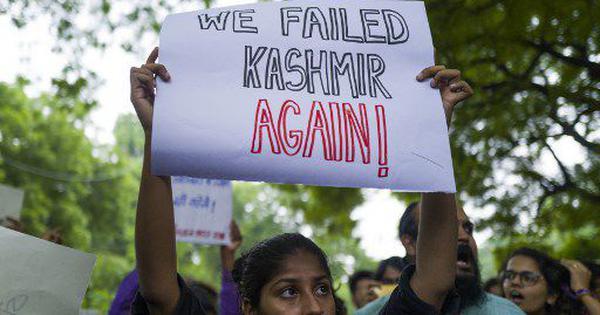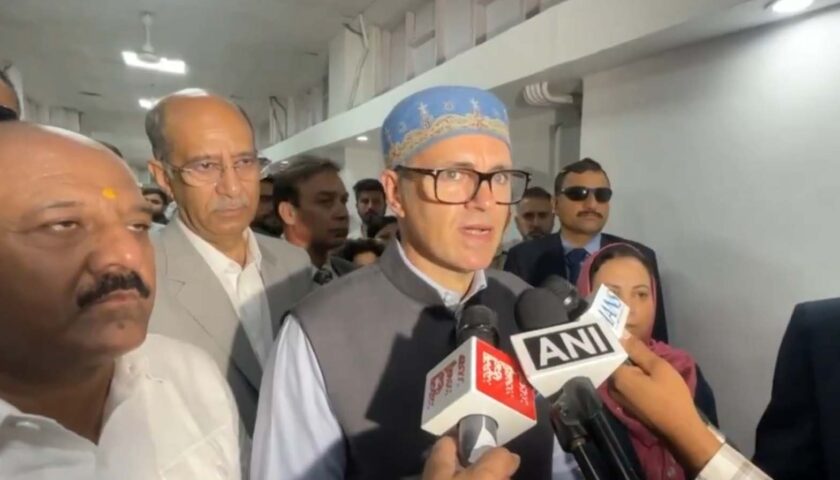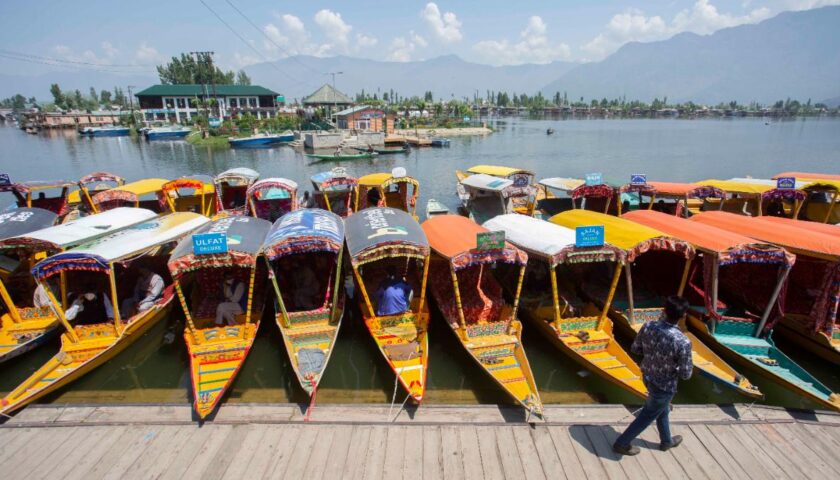The Curious Case of 5 Nominated MLAs in Jammu & Kashmir: Will They Shift the Balance of Power?
By: Javid Amin
As the people of Jammu and Kashmir (J&K) eagerly await the results of the assembly elections, there’s a growing debate about the potential role of five nominated Members of the Legislative Assembly (MLAs) and how they could impact government formation. With the exit polls suggesting a hung assembly, the nomination of these MLAs has sparked concerns and speculation among political parties and the public alike. This article delves into the implications of these nominated seats, the legal framework behind them, and the potential impact they could have on the balance of power in the Union Territory’s assembly.
Understanding the Role of Nominated MLAs in J&K
The five nominated MLAs in question are part of a provision introduced in the Jammu and Kashmir Reorganisation Act of 2019, which was subsequently amended in July 2023. According to this legislation, these MLAs would represent specific communities that have historically been underrepresented, such as Kashmiri displaced persons and residents from Pakistan-Occupied Jammu and Kashmir (POJK). The nominated members would enjoy the same legislative powers and privileges as elected MLAs, which means their influence could be considerable, especially in a closely contested assembly.
The Jammu and Kashmir Reorganisation Act, amended in 2023, specifies that three members can be nominated by the Lieutenant Governor (L-G) from the Kashmiri migrant community and those from POJK, in addition to two women members if the L-G deems that women are underrepresented in the Assembly. However, there is ambiguity regarding whether these nominated members can participate in the formation of the government or cast votes in key decisions.
The Congress Party’s Objections and Concerns
The Congress Party, which has aligned with the National Conference in these elections, has voiced its disapproval of the nomination of these MLAs prior to the declaration of election results. Congress representatives argue that the nomination process at this juncture could skew the democratic mandate, as these MLAs may hold voting rights. Ravinder Sharma, Senior Vice President and Chief Spokesperson of the Jammu and Kashmir Pradesh Congress Committee, stated, “We oppose the nomination of five MLAs by the Lieutenant Governor before the government formation in Jammu and Kashmir. Any such a move is an assault on democracy, the people’s mandate, and the fundamental principles of the Constitution.”
Sharma also emphasized that, under the constitutional framework, the L-G should act upon the advice and aid of the council of ministers before making these nominations. Nominating MLAs without an established government could, according to the Congress, unfairly influence the composition and functioning of the new assembly, potentially altering the balance of power between different political factions.
Exit Poll Predictions and the Hung Assembly Scenario
The exit polls have largely predicted a hung assembly, adding weight to concerns over the role of these nominated MLAs. For instance, the India Today-C Voter survey projects 23-27 seats for the Bharatiya Janata Party (BJP) and 40-48 seats for the National Conference-Congress alliance in the 90-seat assembly. The People’s Democratic Party (PDP) is anticipated to secure between 6-12 seats, with other smaller parties and independents winning 6-11 seats.
In such a scenario, if the National Conference-Congress alliance fails to secure the 46-seat majority mark, the five nominated MLAs could indeed play a pivotal role in government formation. If these MLAs align with the BJP, the Congress fears they could tip the scales, giving the BJP an advantage in a highly contested assembly.
The Legal Framework of the Jammu and Kashmir Reorganisation Act and 2023 Amendment
The original Jammu and Kashmir Reorganisation Act of 2019 laid the groundwork for the formation of a legislative assembly in the newly formed Union Territory. The act allowed for the nomination of members to provide representation to underrepresented groups. However, the 2023 amendment expanded this provision, enabling the Lieutenant Governor to nominate three additional members to the Assembly: two from the Kashmiri migrant community and one from the POJK community. This brings the total number of nominated members to five.
As per the amended Act, these nominated MLAs hold full legislative powers, but there is uncertainty regarding their voting rights, especially in the context of government formation. The Congress argues that the timing and process of these nominations should adhere strictly to democratic principles and that any misuse could create a precedent for manipulating legislative outcomes in J&K and other Union Territories.
The Broader Implications for Jammu and Kashmir Politics
The nomination of these five MLAs raises broader questions about governance and representation in J&K. Historically, the political landscape of J&K has been marked by the complex interplay of regional and community-based identities. By providing representation to Kashmiri migrants and POJK residents, the amendment aims to address some of these concerns. However, the Congress fears that the process could also be exploited to influence electoral outcomes in ways that may not reflect the popular will.
Additionally, the Congress has highlighted the unique position of the L-G in the governance of J&K, where the Union Territory is under direct central rule. In this context, the nomination process may carry additional weight, as the L-G’s decisions could be perceived as reflecting the will of the central government. The outcome of this election and the role of nominated MLAs could therefore set a precedent for governance models in other Union Territories, potentially reshaping the dynamics of representation across the country.
Exit Poll Analysis: A Breakdown of the Possible Power Dynamics
Analyzing the exit poll data provides insight into the potential role of these nominated MLAs in shaping the future assembly. The following scenarios offer a glimpse into how the power dynamics may unfold:
- NC-Congress Alliance Falls Short of Majority: If the National Conference-Congress alliance fails to secure the majority mark, they may need to rely on the support of smaller parties or independent candidates. In this case, the five nominated MLAs could emerge as potential kingmakers. Should they align with the BJP, it could enable the party to form a government, even if the BJP does not secure a majority of elected seats.
- BJP Seeks Coalition with Independents and Nominated MLAs: If the BJP garners around 27 seats as projected, it could still form a government by allying with independents and nominated MLAs. This would require considerable political maneuvering, especially given the diverse interests of independent candidates.
- Nominated MLAs Support PDP or Independents: Should the nominated MLAs opt to support the PDP or other independents, they could contribute to a coalition government, creating a third faction in the assembly. This scenario is less likely given the regional divides and policy differences among parties, but it remains a possibility in a closely contested assembly.
Key Takeaways and Future Outlook
The situation in Jammu and Kashmir is a reminder of the complexities involved in Union Territory governance and the role of nominated representatives. The presence of five nominated MLAs in a potentially hung assembly adds a layer of intrigue to an already dynamic political landscape. While the Congress party has raised objections, the final decision rests with the Lieutenant Governor, whose actions will likely set a precedent for the role of nominated members in future assemblies.
As the election results approach, it is clear that the nomination of these MLAs could indeed “shift the balance of power” in J&K. The assembly’s composition and the nominated members’ potential voting rights will be pivotal factors in determining the political future of the Union Territory. Regardless of the outcome, this election cycle underscores the need for clarity and transparency in the nomination process to maintain the democratic principles upon which India’s political system is built.




